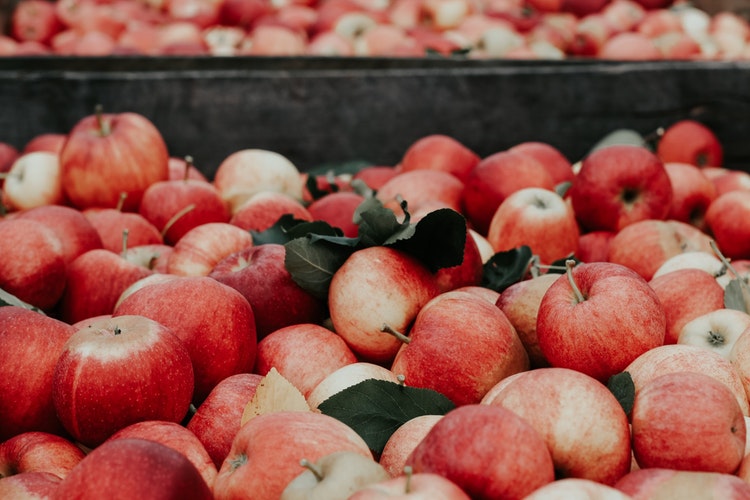At-risk apple and stonefruit plant material imported from a United States testing facility must be appropriately contained or destroyed to protect New Zealand from biosecurity risk, says the Ministry for Primary Industries (MPI).
This follows a ministry audit in March which found a number of significant failures at Clean Plant Centre Northwest in Washington State.
MPI has completed a thorough technical analysis on whether it is possible to retain rather than destroy the plant material.
“We have concluded industry can keep priority plant material as long as it’s properly contained while we determine if it can be tested for diseases so it may be released in the future,” says the director of plant and pathways, Pete Thomson.
“We have high expectations of the assurances provided by our overseas partners. These are an important part of keeping unwanted pests and diseases out of New Zealand.
“Our audit shows we can have little confidence in the testing carried out by Clean Plant Centre Northwest since June 2012. An investigation by US authorities has since confirmed our findings.
“As a result, MPI can’t be certain the affected plant material is free of pests and diseases of concern, and this is a biosecurity risk for New Zealand.”
The ministry has been working with nurseries, importers, growers and industry to get to a position where the value and significance of the plant material is recognised, but where biosecurity protection comes first.
“The steps we’re taking ensure risks are properly managed through containment and testing,” Mr Thompson said. “These measures provide the possibility that priority apple and stonefruit varieties may be released in the future if no pests or diseases are found.”
Nurseries and importers will be able to contain the affected apple plant material (around 21,000 plants and small trees) at existing sites under specific requirements. This will include access restrictions, no movement of plant material, and regular monitoring for any signs of disease.
MPI is confident that the testing recently carried out in New Zealand on some of the affected apple plant material confirms there are no major pests or diseases of concern. But further testing is required for lower-risk pests and diseases.
For affected stonefruit plant material (around 26,500 plants and small trees), the biosecurity risk and containment requirements are higher. Further testing is required to rule out pests or diseases of concern.
Nurseries and importers will be able to select a small number of cuttings and potted plants from stonefruit varieties to retain in the appropriate level of containment facility. Stonefruit plant material which cannot be contained will need to be destroyed.
Mr Thomson says it is for nurseries and importers to decide what plant varieties and how much plant material they wanted to retain, as they will be responsible for containment and testing costs.
“MPI will be supervising the containment process and also the steps required to properly destroy the plant material,” he says.
“It must be either contained or destroyed before the onset of spring. Currently, plants and pests are not as active and the risk of spreading potential pests and diseases is at a minimum.
The ministry will consider claims for the direct cost of lost plant material.
Almost 48,000 affected apple and stonefruit plants and small trees have been secured at 50 sites in the Hawke’s Bay, Waikato, Nelson and Central Otago. In total, 32 nurseries, importers, and growers are affected.
Source: Ministry for Primary Industries












